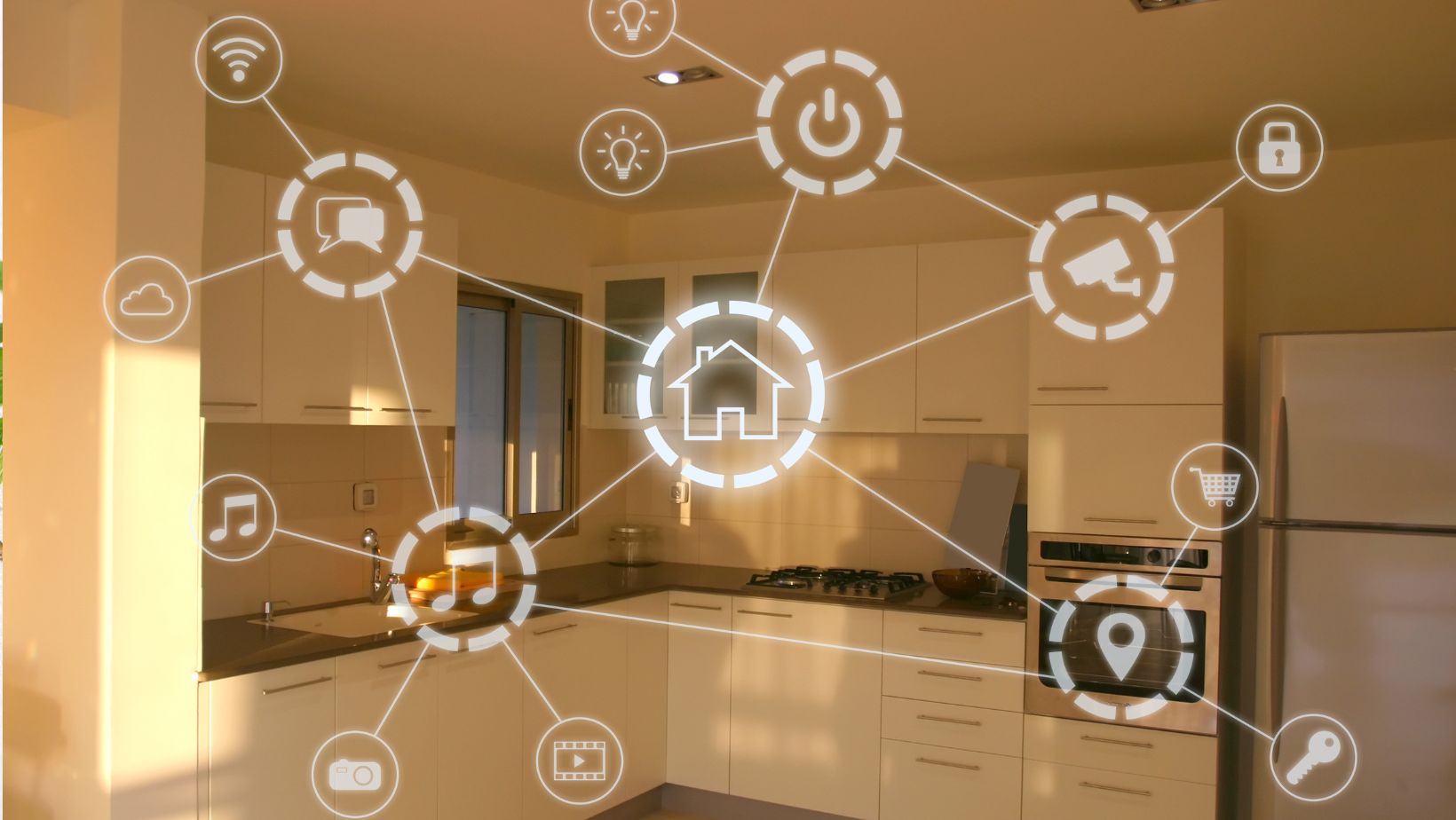Each day, the internet helps people reach their jobs, studies and ways to have fun. Since we interact with the world online so often, your home internet needs to be protected. Many people fail to see the threats from unprotected networks which might result in others accessing your files, stealing your data or impersonating you.
Improving your home internet safety can stop your privacy from being violated and helps defend your devices against cyber dangers. Anyone can make their internet connection safer by using the right information and equipment. Here, practical advice is given for improving your home network, along with an explanation why all online users should take these actions.
Change Router Settings And Passwords
An vital early action in keeping your home internet safe is to set a new password for your router. Default passwords and usernames which are popular among all routers, are accessible to many hackers. Setting up a particularly strong and special password is a key part of protecting yourself.
It is also a good idea to adjust the default name for your network settings. Rather than using the brand or model of your router in the network title, make it something personal to make your network safer from attack. While these changes are easy to apply, they can greatly decrease the risk of someone illegally using your network.
Use Strong Encryption And Network Passwords
It is encryption that safeguards the information moving across your local network. Today, most routers have WPA2 or WPA3 updates to protect the important data on your home internet connection. Protect your information by setting your router to adopt the latest and strongest encryption protocol.
The strength of your Wi-Fi password is just as necessary. The best passwords are those that are long and complex because they mix letters, numbers and symbols. Don’t rely on words others might guess or that are familiar to you. When you have a strong password, it becomes tougher for someone else to use your network without your say-so.
Keep Software And Firmware Updated
Changing your home internet settings every so often helps improve its security. Fortunately, internet providers and router makers often add important security fixes to their firmware updates. Updating your devices immediately after new software is released helps protect against any problems in your network.

It is not just about updating your router; it’s also smart to keep your other devices up to date. The latest operating systems should be installed on every laptop, smartphone, tablet and smart home gadget. In addition to enhancing computer operation, these updates protect you from risks that experts already know about. If your devices stay updated, you reduce your risk of being a victim of a cyberattack.
Create A Separate Network For Guests
Setting up a guest network on your router is a good way to increase your home’s security. Having a guest network allows visitors to use the internet on your property without them being able to control any of your connected devices. Isolating the network this way stops security risks from harming your primary system.
It’s also possible to set a unique password for your guest network and replace it often. Letting only people you want to access the internet reduces the risk of your private data being compromised. It gives both security and hospitality a boost in a simple way.
Monitor Your Network Regularly
One good technique is to watch the devices on your home network so you know what they are doing. You will usually find a list of active devices displayed on your router’s dashboard. Looking at this list every so often will help you notice any connections that seem unfamiliar or suspicious.
 When you spot a problem, you should either reset your password or get any possible threats off your network fast. Sometimes, internet providers give you monitoring tools to help you see who and what uses your network.
When you spot a problem, you should either reset your password or get any possible threats off your network fast. Sometimes, internet providers give you monitoring tools to help you see who and what uses your network.
Use Additional Tools For Safety
Besides messing with your router, there are extra applications that can keep your home network safe. You should use a firewall and antivirus to further protect your gadgets. Certain routers are outfitted with firewalls you can turn on in the settings.
You may also want to check out using a virtual private network (VPN). When you use a VPN, it becomes more difficult for anyone to steal your internet data. Choosing a VPN as part of your internet package can help you save and get it conveniently. If you add these tools to your daily security habits, you will protect yourself better online.
Conclusion
Your home internet needs to be more safeguarded than in the past. You should keep your network safe by updating your router, protecting it with solid encryption and routinely checking what devices are on it. Turning on guest networks and adding VPNs and firewalls make your device even safer.
Keeping your home network secure is something you must do yourself, despite what internet providers might offer. Some careful steps can help your internet connection be not only reliable, but also safe for everyone in your family.


